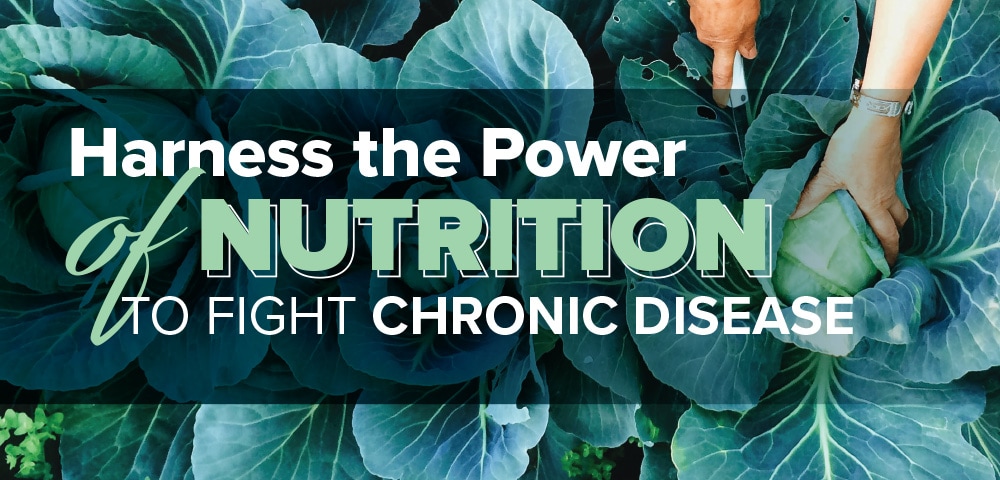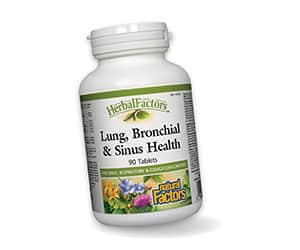
Nutrition and health go hand in hand. The idea that healthy eating is needed for optimal health is not new. Since the time Hippocrates discussed that food could be our medicine, research has revealed that diet plays a far more significant role in health than we may fully realize, especially as it relates to noncommunicable diseases (NCDs).
Healthy eating is a foundational element of health, but what does it mean to follow a healthy diet? Dietary patterns low in fresh fruit and vegetables and high in processed meats, refined grains, salt, and sugars are often to blame for higher incidences of chronic conditions. But diet is a modifiable risk factor, meaning we can make nutritional changes to help prevent disease. Health-promoting diets, such as the Mediterranean, MIND, and DASH diets, have been investigated for their role in reducing the risk of NCDs. For example, closely following a Mediterranean diet has been associated with greater longevity and lowered risk of diabetes and cardiovascular disease, and cancer.
NCDs are also known as chronic diseases, these health concerns have been recognized as some of the leading causes of death and disability worldwide. Yet, researchers have found that a healthy diet is one of the strongest protective factors to impact the risk of NCDs, including dementia, diabetes, coronary heart disease, stroke, and cancer.
Are you interested in preventing chronic disease?
Start by harnessing the power of your daily nutrition with these research-backed approaches to reduce your disease risk and promote health.
Fill your plate with colour
Nutrition experts often advise us to “eat a rainbow.” This nutrition tip refers to consuming a variety of fruit and vegetables of different colors – red apples, orange peppers, purple grapes – the options are plentiful! Fruit and vegetables are high in nutrients required for optimum health such as vitamins, minerals, fiber, and phytochemicals. Research has shown that polyphenols, a phytochemical found in fruit, vegetables, cocoa, tea, and coffee, protect against the development of some chronic diseases, including obesity, neurodegenerative diseases, type 2 diabetes, and cardiovascular diseases. Gain the anti-inflammatory and antioxidant benefits of these foods by including them in your meals and snacks, such as in smoothies, oatmeal, salads, and stews, or enjoy them on their own.
Fermented foods for a happy gut
Hippocrates once said, “all disease begins in the gut.” Growing evidence is showing that disruptions in the gut microbiota and gut barrier can contribute to gastrointestinal and metabolic conditions plus neurological, cardiovascular, and respiratory diseases. The typical Western diet can disrupt the balance and diversity of our gut microbes and contribute to an increased risk of NCDs. Support the gut microbiota by adding prebiotic foods (apples, asparagus, carrots, flax and chia seeds, garlic, mushrooms) and fermented foods (yogurt, kombucha tea, kimchi, miso soup) to your daily diet.
Pass the protein
Adequate protein intake is essential throughout life. When we consider the types of protein that are best for reducing disease risk, consuming fewer animal-based proteins and more plant-based proteins are preferred. For example, the MIND diet, developed for brain health and dementia prevention, highlights increased plant-based food intake while limiting animal-based food. This dietary pattern has been shown to be neuroprotective, reduce cognitive decline, and lower the risk of Alzheimer’s disease. It’s important to consume 20–25 g of high-quality and sustainable protein three times per day. If you are looking to add beneficial plant-based proteins, consider lentils, chickpeas, non-GMO soy, nuts and seeds, beans, and plant-based protein powders.
Say yes to fat
Despite past controversies regarding fat, we now know that specific types of fat, such as monounsaturated and polyunsaturated fats, are valuable for health. In one study, the Mediterranean diet supplemented with either extra-virgin olive oil or nuts was associated with a 30% lower risk of cardiovascular events, compared to a low-fat diet, in individuals at a high risk of cardiovascular disease. In addition, supplementation with omega-3 fatty acids has been associated with reduced cardiovascular disease risk and protection against neurodegenerative conditions. Incorporate olives, olive oil, nuts and seeds, wild fish, and fish oil supplements in your diet to reap the advantages of these healthy fats.
These tips, along with choosing whole grains instead of refined grains and water in place of sugar-laden drinks, and following eating patterns such as intermittent fasting, can help support your body’s physiological needs and get you on the road to a healthy and happy life.














